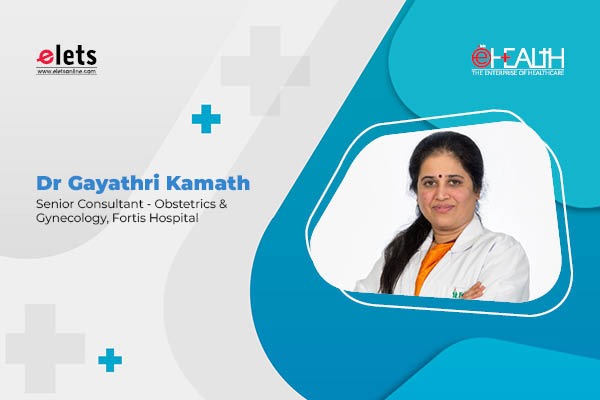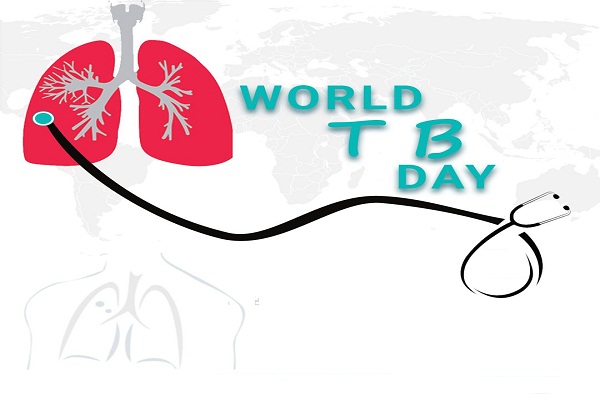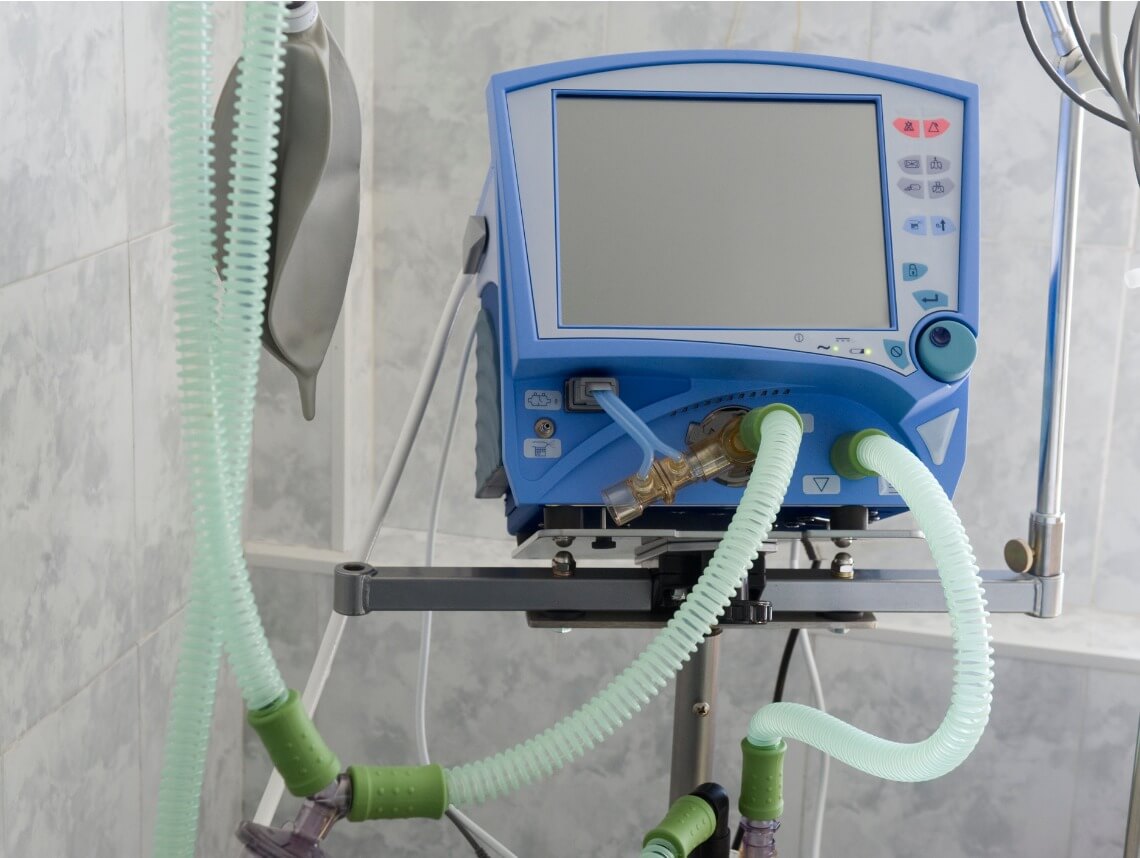
In India, about 60% of pregnancy losses, 2-3% of all neonatal abnormalities, 50% of childhood deafness, blindness and 1 to 10% of malignancies are directly due to genetic factors. Most young-parents are increasingly becoming aware of the role of genetics while planning for a baby. In the past few years, genetic testing has emerged as an advanced tool to understand certain health disorders and is increasingly being accepted as a tool for reproductive health analysis.
A genetic test helps identify changes in chromosome number or genetic mutations in genes which confirms or excludes a suspected genetic health condition and determines a person’s chance of developing or passing on a genetic disorder.

Genetic testing can prove invaluable in different scenarios such as family history of a genetic diseases, multiple miscarriages, IVF failures, consanguineous marriages, and other reasons. Reproductive genetic testing helps assess risks for common chromosomal disorders like trisomy 21/Down syndrome, reasons for recurrent pregnancy losses, and helps assess carrier status of the couple for common genetic conditions like thalassemia or spinal atrophy as well as for suspected/diagnosed familial genetic disorders.
Genetic screening tests such as Non-Invasive Prenatal Testing (NIPT) that screen for common chromosomal disorders can be offered during all pregnancies. The possibility of genetic disorder is higher if the age of the mother is advanced, there is previous affected pregnancy or child, there are certain abnormalities observed in the fetus on scan. These tests can help give the couple early information and help them make appropriate management decisions.
Carrier Screening is another test that a couple can consider when planning for a child. Testing the potential parents can determine the risk of passing on a genetic disease to the offspring. It is done by taking a blood sample from the couple to identify if they are a carrier of certain common mutations which can cause serious genetic disorders. In India, marriages between close relatives is a common. However, with such marriages, the risk of genetic problems in kids increases for diseases such Cystic Fibrosis, Beta Thalassemia, Sickle Cell Anaemia etc. By knowing if they carry common mutations a couple can be more vigilant during the pregnancy and can screen the fetus for these mutations during early pregnancy.

Genetic tests can be carefully offered to couples who have a previous child affected or have a family history of a genetic disorder. If the exact genetic cause is worked out in the affected individual, who is known as the proband or the index case, the fetus can be tested during pregnancy to assess whether or not it is affected. These tests include, Sequencing, Fluorescence in situ hybridization (FISH), Chromosomal Microarray (CMA). Based on the results, management decisions about the pregnancy can be taken appropriately.
Some couples experience the painful process of Recurrent pregnancy loss (RPL). RPL is defined as two or more consecutive pregnancy losses occurring before 20 weeks of gestation. Most often, about 2 – 4% of cases of RPL is caused due to genetic abnormalities. Genetic testing for RPL can help determine the reasons for repeated miscarriages and possibly help the couple plan future pregnancies.
With delayed and assisted pregnancy being an increasingly common phenomenon, genetic testing has found its importance in assisted reproductive technologies. Preimplantation Genetic Screening (PGS) is a technique to screen for genetic changes in embryos created using IVF. Embryos with genetic defects usually do not develop into healthy babies. Embryos without these abnormalities can be identified and implanted in the uterus.
This PGS technique is known to increase the likelihood of a successful pregnancy from 33% to 73%. Take the example of Mr and Mrs. Swamy a couple who underwent multiple IVF cycles but faced multiple miscarriages as her pregnancy didn’t last more than 6-7 weeks. The reason of her miscarriages was due to chromosomal defects in the foetus. Eventually, Mr. and Mrs. Swamy opted for IVF with PGS. Eleven embryos were screened and the best embryo was recommended for transfer which resulted in a healthy baby.
Reproductive genetic testing largely includes tests such as Carrier screening, NIPT (during pregnancy), PGD/PGS, FISH, karyotyping, microarray, sequencing and can be done on the directive of the clinician.These tests are relatively cheaper in India compared to other countries. Price of these tests ranges between Rs 3,000 to Rs 50,000 depending on the complexity of the tests.
(Disclaimer: The writer is Dr. Priya Kadam, Program Director, NIPT, MedGenome Labs. Views expressed are a personal opinion.)
Be a part of Elets Collaborative Initiatives. Join Us for Upcoming Events and explore business opportunities. Like us on Facebook , connect with us on LinkedIn and follow us on Twitter , Instagram.












